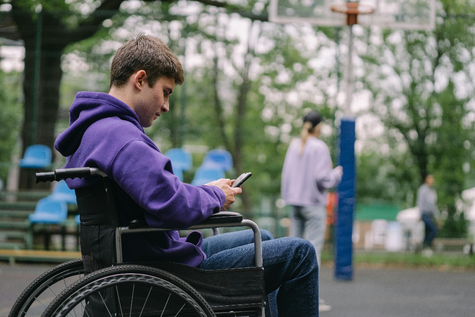Childcare settings require a nurturing and supportive environment, especially for children with behavioural challenges. Crisis Prevention Intervention (CPI) training is a critical tool that helps caregivers, educators, and support workers manage difficult situations without the use of restraint. By focusing on de-escalation techniques, CPI training empowers professionals to create safer spaces for children while maintaining their dignity.
Understanding CPI Training
CPI training equips childcare providers with non-violent crisis intervention techniques to manage aggressive or disruptive behaviours effectively. This training emphasizes:
- Prevention Strategies:Recognising early warning signs of distress before escalation.
- Verbal De-escalation:Using calm communication to diffuse tension.
- Safe Physical Interventions:When absolutely necessary, staff learn safe techniques to prevent harm.
- Post-Crisis Recovery:Understanding emotional responses after an incident and implementing strategies to support children.
For support worker staffing agencies, CPI training ensures their caregivers can handle behavioural challenges in home care and institutional settings with confidence.
Why Reducing Restraint Use Matters
Physical restraint should always be a last resort in childcare environments. Overuse or improper application can lead to physical harm, emotional trauma, and legal consequences. CPI training teaches alternative techniques that promote positive behaviour management, benefiting both children and staff.
Strategies to Reduce Restraint Use
1. Early Intervention and Observation
Identifying triggers early allows support workers to intervene before a situation escalates. Trained professionals from home health staffingagencies are skilled in recognising signs of distress and taking proactive measures.
2. Positive Behaviour Support Plans
Tailoring behaviour management strategies to individual children helps prevent aggressive outbursts. These plans focus on rewards, structured routines, and communication techniques to reinforce positive behaviours.
 3. Staff Training and Support
3. Staff Training and Support
Support workers, especially those hired through healthcare staffing agencies, should undergo ongoing CPI training. Regular workshops and scenario-based training can reinforce de-escalation skills.
4. Fostering a Safe Environment
A structured, predictable setting with clear expectations reduces anxiety and behavioural incidents. Childcare providers should ensure that children feel secure, heard, and respected.
The Role of Staffing Agencies in CPI Training
Staffing agencies play a vital role in placing well-trained professionals in childcare environments. Agencies specializing in support worker staffing ensure that caregivers are equipped with CPI training, making them valuable assets in crisis situations.
At Careline Solutions, we are committed to providing highly trained professionals who deliver compassionate support in childcare settings. Our staffing agency ensures that support workers are equipped with CPI training, helping to reduce restraint use and promote a safe, nurturing environment for children. Contact Careline Solutions today to find trained support workers who prioritize safety, de-escalation, and positive behaviour management!
 Careline Solutions
Careline Solutions